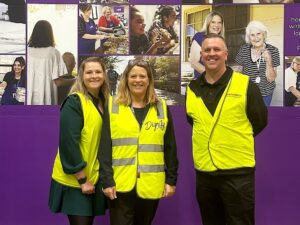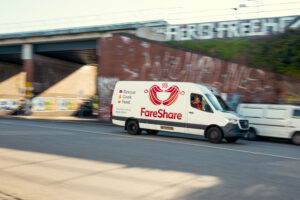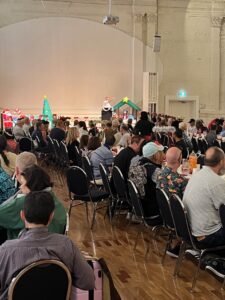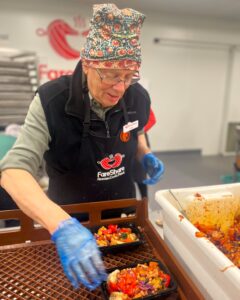
FareShare expands its reach to complement SecondBite produce at NSW homelessness support charity Dignity
FareShare expands its reach to complement SecondBite produce at NSW homelessness support charity Dignity Capitalising on SecondBite’s extensive infrastructure and networks, which includes dozens of trucks and more than 1,000 charity partners, FareShare meals have begun to travel farther and wider than ever before, to reach communities that really need


